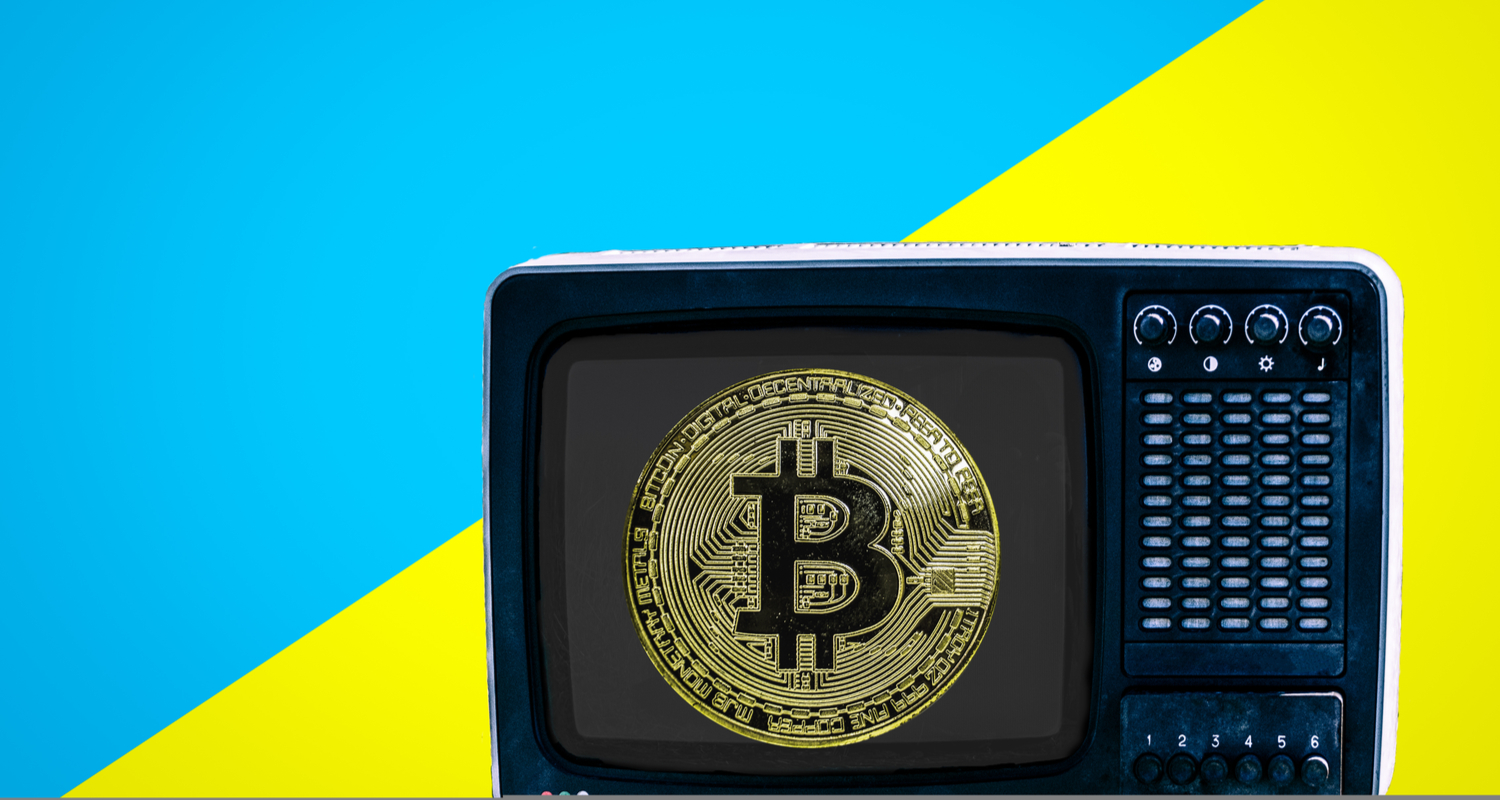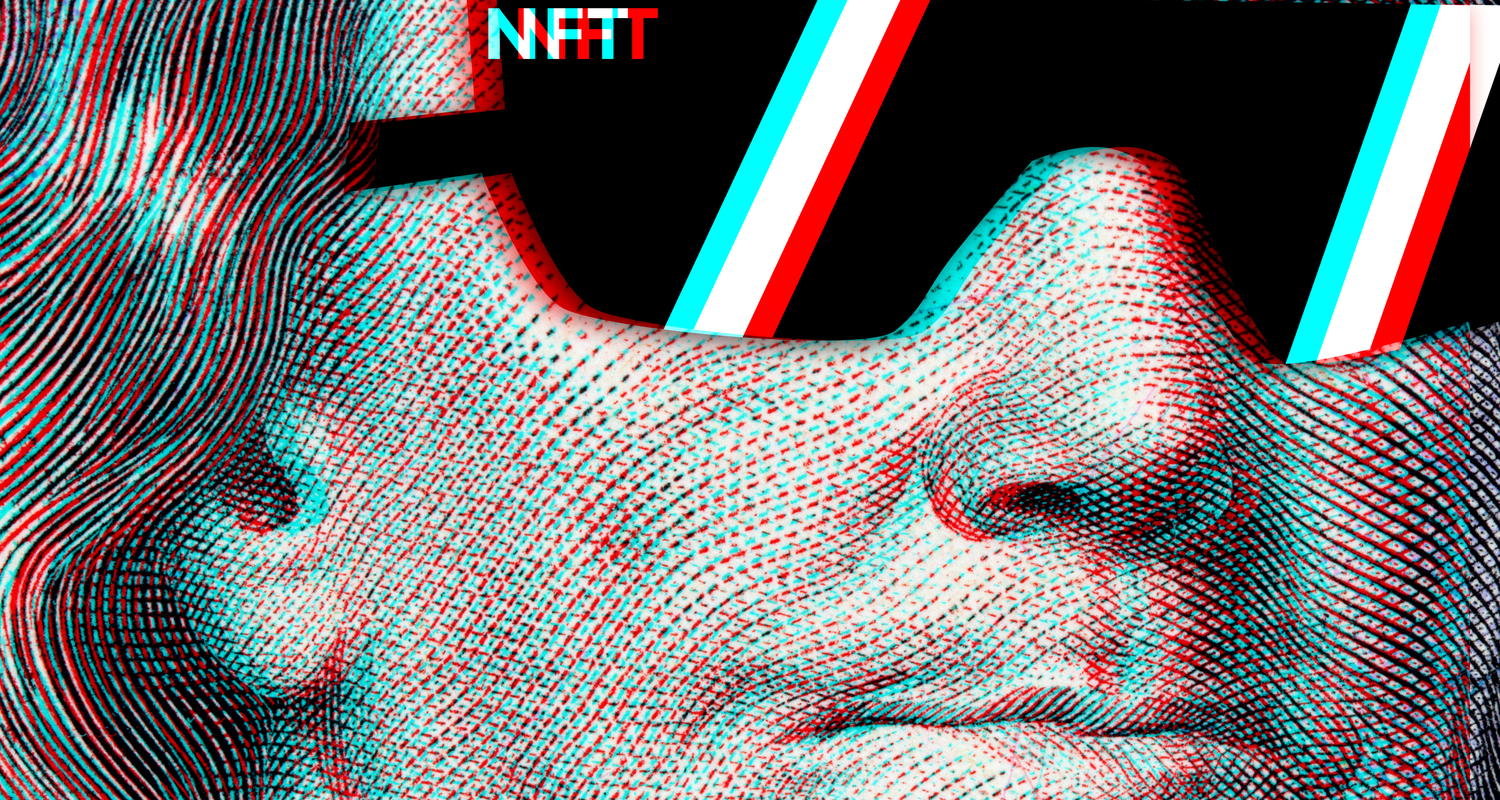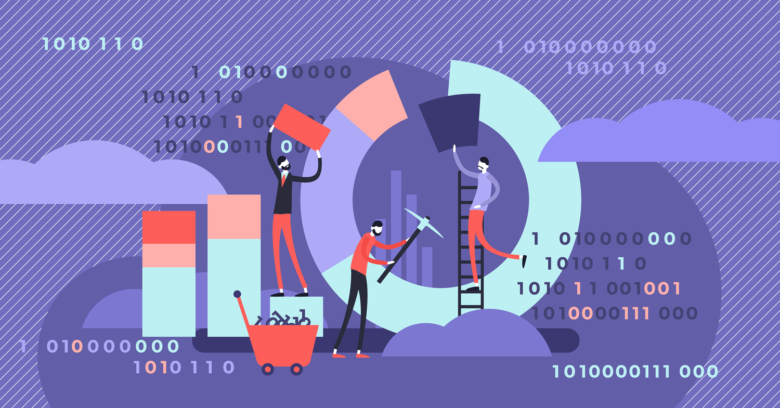Bakers
We can say that “Baking” is the act of verifying Tezos network transactions. This verification action is called mining for large blockchains like BTC, while it is called “validation” for blockchains that require proof of stake like EOS.
What is Baking?
The process we call “Baking” is the process used to add new block transactions to Tezos’ blockchain. Baking is the action that must be taken by validators using delegated proof-of-stake as a consensus mechanism. Bakers earn block rewards for each validation. This reward system is similar to how Bitcoin miners are rewarded when they discover new blocks. If the “Baker” owns more rolls, it will be more likely and easier for them to bake the blocks.
Accounts wishing to participate in the baking process must register themselves as delegates so that they can actually bake and bake on behalf of other users who are unable to meet their 10,000 XTZ needs.
Bakers are rewarded with Tez or XTZ tokens for their efforts to validate their transactions and secure their networks.
Tezos
Tezos is a platform that can be used for both smart contracts and decentralized applications known as DApps.
DPoS is an algorithm that allows virtual mining instead of physical mining. Virtual mining is much more convenient than physical mining and also allows you to spend your energy much more efficiently.
How to Become a Baker
Baking is essentially the act of signing and publishing new blocks on the Tezos blockchain, and you need to demonstrate that you are a qualified delegate to do so by getting 10,000 XTZ. After meeting this requirement, any user can become a baker or endorser.
Bakers and Endorsers
Bakers receive a reward of 16 XTZ per block for their work. Endorsers, on the other hand, are those who verify the block after it’s baked and check if everything is done correctly. They get 2 XTZs.
Learn more about different consensus mechanisms such as crypto mining, and crypto staking.







